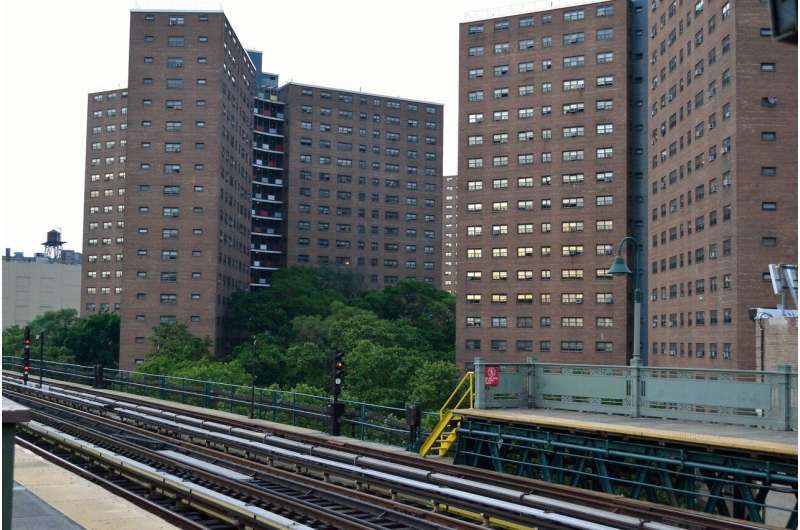Neighborhood Stress and Its Effects on Children's Brain Development and Depression Risk

Recent research highlights the significant impact of neighborhood environments on children’s mental health, particularly their risk of developing depression. A study conducted by psychologists at Binghamton University examined how living in disadvantaged neighborhoods—those characterized by higher crime rates, economic deprivation, and limited community resources—affects the brain responses of young children. The findings suggest that children raised in these stressful environments exhibit diminished reactivity to rewards and losses, especially if they have a family history of depression, which can increase their vulnerability to the disorder.
The study involved over 200 children aged 7 to 11. Researchers assessed the neighborhood conditions through ZIP code analyses and evaluated the children’s brain activity using EEG during a simple monetary guessing task. They also documented parental mental health histories. Results showed that children from more deprived neighborhoods had blunted neural responses to positive and negative stimuli. This effect was notably pronounced among children whose parents had experienced depression, indicating a combined influence of genetic and environmental factors.
According to lead researcher Professor Brandon Gibb, exposure to chronic stress from the community environment may alter neural processing, reducing the brain’s responsiveness to rewarding experiences. This diminished responsiveness can impair motivation and emotional regulation, heightening the risk for depression. Gibb emphasizes that the social context in which children grow up plays a crucial role in their mental health, alongside personal and familial factors.
Importantly, Gibb and his team plan to further explore how relocating to different neighborhoods might influence neural responses and depression risks. They also aim to extend their research to adolescents, investigating social rewards such as peer acceptance and rejection. This work underscores the need for community-level interventions to improve neighborhood conditions, as these environments can significantly influence children's mental well-being, even if they are not directly exposed to stressors.
Addressing neighborhood disparities could be a vital step in promoting healthier mental development in children, emphasizing that mental health strategies must consider broader social determinants. Improving community resources and reducing environmental stressors may help mitigate the risk factors associated with depression and support better developmental outcomes for vulnerable children.
Source: https://medicalxpress.com/news/2025-05-neighborhood-stress-impact-kids-brains.html
Stay Updated with Mia's Feed
Get the latest health & wellness insights delivered straight to your inbox.
Related Articles
Innovative LSD-Based Therapy Shows Promise for Treating Generalized Anxiety Disorder
Emerging research suggests that a novel LSD-based therapy could transform the treatment landscape for generalized anxiety disorder, offering new hope to millions suffering from severe symptoms resistant to conventional medications.
Childhood Loneliness May Increase Risk of Cognitive Decline and Dementia in Adulthood
New research finds that loneliness during childhood is linked to increased risks of cognitive decline and dementia in adulthood. Early social interventions could help mitigate these long-term health impacts.
Mother-Child Bonding Challenges Associated with Infant Sleep Issues
New research reveals that maternal bonding difficulties are linked to sleep problems in infants, highlighting the importance of early support for mother–child relationships to improve sleep health.
Study Uncovers Strong Links Between Depression, Loneliness, and Hypertension in Black Women
A new study reveals the critical links between depression, loneliness, and hypertension in Black women, highlighting disparities and the need for culturally responsive screening and care strategies.



